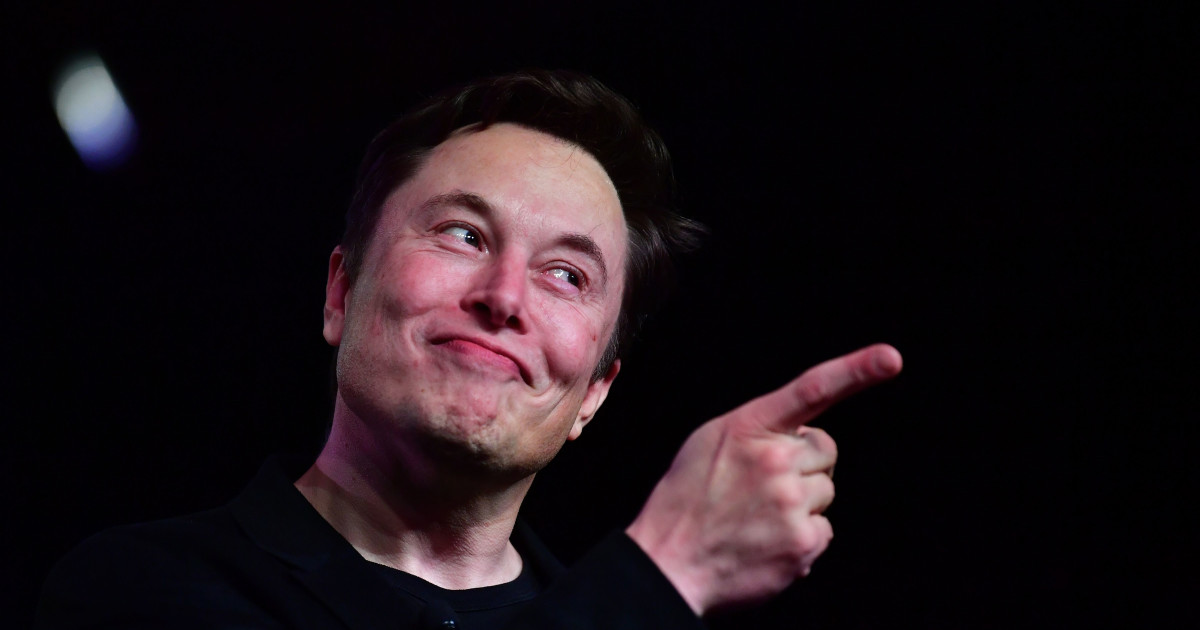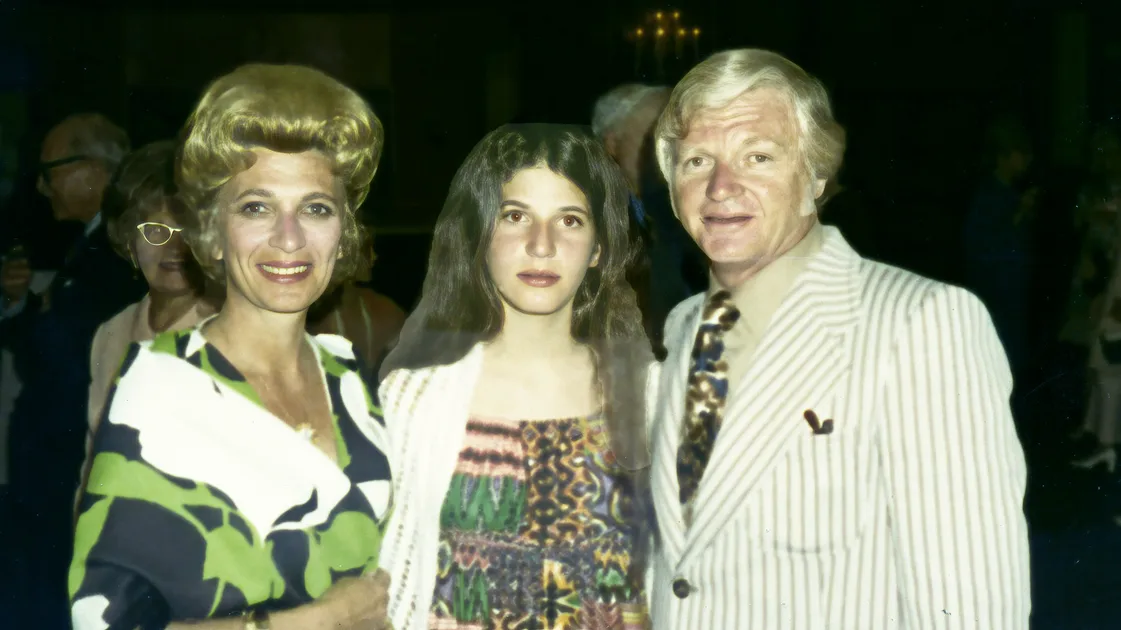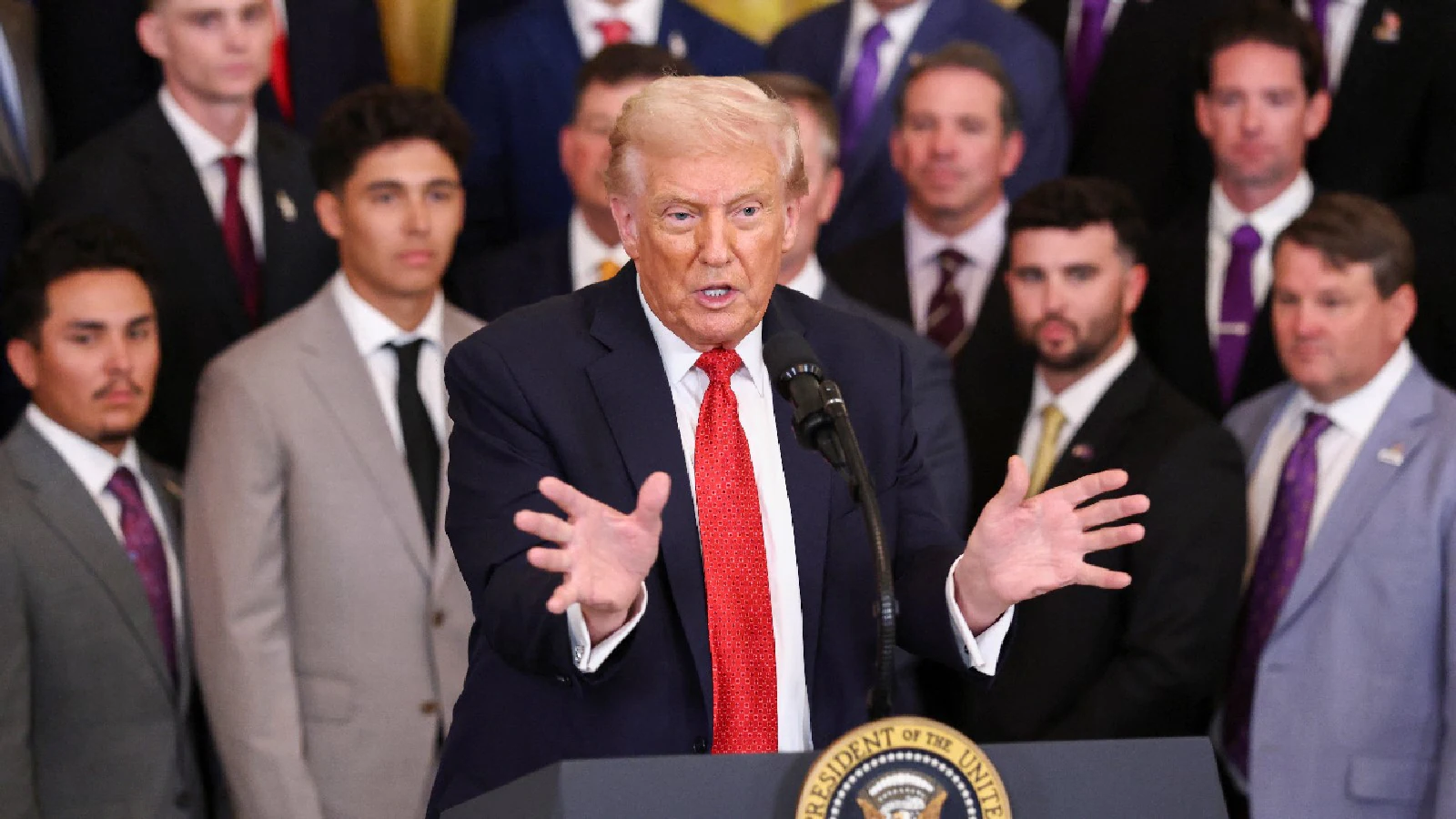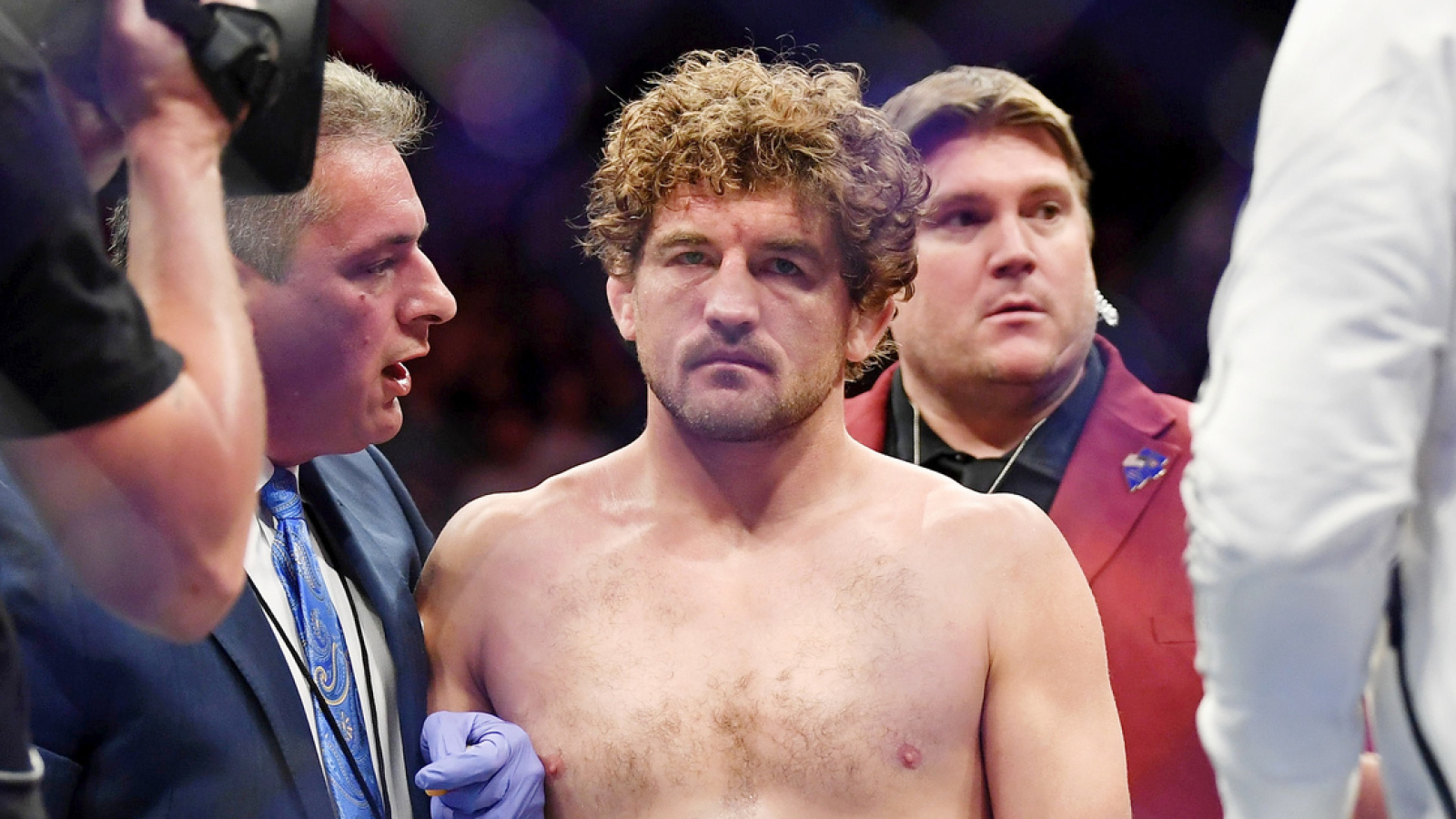Copyright The Street

Given the chance to talk about the tricky game of selling electric vehicles right now with minimal support from the U.S. government, Tesla CEO Elon Musk chose Wednesday to talk about: The wider distribution and possible impact of Tesla’s Robotaxi. The development issues Tesla is having bringing its Optimus family of robots to market. Why he might quit if shareholders vote down his pay package at the company’s Nov. 6 annual meeting. (The subject came up twice during the earnings call.) Tesla reported earnings per share of 39 cents, down 37% from year-earlier earnings of 62 cents. The profit decline came despite a 12% increase in revenue to $28.01 billion. A year earlier, Tesla reported $25.2 billion in revenue. The revenue decline came from weaker sales in the United States and Europe. Tesla is the premier electric vehicle maker in the world, even as competition is getting much more intense, especially from China automakers. It has emerged as company with a market cap of $1.46 trillion. And there are moments when Musk seems to see the automotive piece of the company as not critical to the company’s future. Like Wednesday. Musk said almost nothing about the quarter beyond what Tesla posted online or how Tesla boost its results. The stock fell 0.8% to $438.97 and were off 3.1% to $425.81 in pre-market trading on Thursday. With the Wednesday close, the shares are up 9.6% for the year and up 106.6% from the April 7 low. Fully autonomous driving by year end Musk suggested its Robotaxi operations in Austin, Texas, might go to full autonomous driving before the end of the year. That is: You hire the Robotaxi to take you from A to B. You pay your money, and the vehicle — with no brake pedal, steering wheel or driver — takes you there, using Tesla’s artificial intelligence systems — “Real-world AI,” Musk called it — to safely guide the vehicle to its destination. The service will be introduced in many markets over the next few years, but San Francisco seems to be top of mind right now. That’s the plan. Except there was no hint of the revenue Tesla might generate from the business or losses it might incur in the startup phase. But there are bulls who believe self-driving taxis spread quickly around the world. Getting the hands right in the robot army Musk spent more time talking about the technical problems of developing Tesla’s Optimus family of robots. He called the products his “robot army.” These could be used in industrial settings, and, once at a 2024 Tesla event, Musk suggested the robots could be used to do your laundry or your grocery shopping. The hands that can mimic human hands are proving the most problematic to develop, he observed. Over the millennia, human hands and forearms have evolved into deeply sophisticated tools. Matching software and technology to do the same thing requires imaging and patience. “It is an incredibly difficult challenge,” he observed. Musk suggested the Olympus robots might be ready for sale in late 2026. He didn’t venture a price point. Robots were used to pour drinks and serve hors ‘oeuvres at the 2024 robo taxi event in the summer of 2024. Would Musk actually quit? The company’s annual meeting comes mostly because Texas regulators demanded it. It should been held four months ago. The big issue is the vote on Musk’s compensation plan, which could potentially be worth more than $1 trillion and give him control of about 25% of the shares. He wants a new contract for two reasons: The money, obviously. He believes, so he said during the earnings call, that a proposal to reject the plan would make his working at the company uncomfortable. His current stake, about 15% of the shares, wouldn’t be enough to prevent what would be a corporate coup with Tesla taken away from him. In a post on X, formerly Twitter, he said, “Tesla is worth more than all other automotive companies combined. Which of those CEOs would you like to run Tesla?” The answer, he said, “It won’t be me.” Indeed, he suggested a vote against the plan might cause him to abandon the company. A campaign to defeat the proposal is being waged by proxy solicitors Institutional Shareholder Services and Glass Lewis who are encouraging index fund managers to reject the plan. Musk called them “corporate terrorists.” The earnings call ended with a plea for shareholders to vote down the plan.



